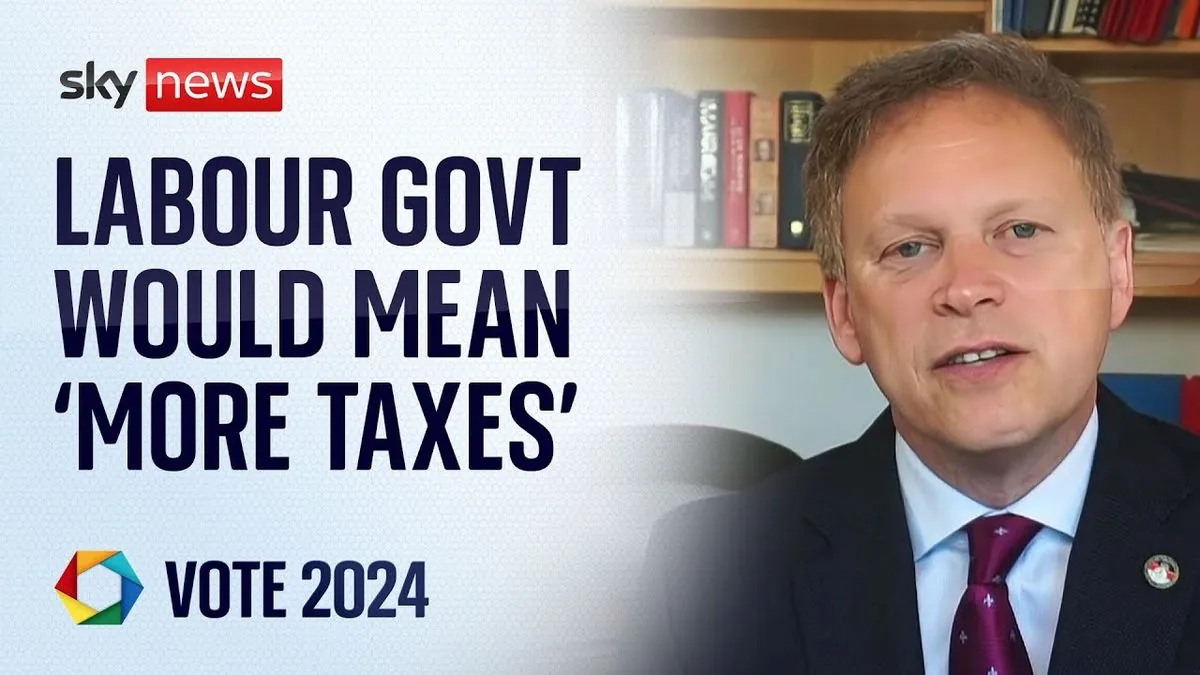For nearly three decades, a prevailing belief among UK political leaders has been that the public readily accepts tax increases for the sake of public services. This assumption, however, may be fundamentally flawed, as historical evidence suggests.
Since 1997, both Labour and Conservative governments have experienced a gradual erosion of support following tax hikes. The Tony Blair administration, which came to power in 1997, initially enjoyed public backing for its tax-raising policies. However, by the early 2000s, this support began to wane as voters perceived a lack of tangible improvements in healthcare and education despite increased spending.
This disillusionment led to the rise of organizations like the TaxPayers' Alliance (TPA), which recently marked its 20th anniversary. The TPA capitalized on growing public resentment towards what was seen as excessive government spending without commensurate benefits.
"While politicians believe the public supports tax hikes for better services, the reality is far more complex. Voters' trust in government competence and spending priorities plays a crucial role."
The Conservative Party, too, faced similar challenges during its tenure. By the 2019 general election, which resulted in a Conservative majority, many once-loyal voters expressed frustration with high tax levels. This sentiment contributed to the political turbulence that led to the resignations of both Boris Johnson and Rishi Sunak as Prime Ministers in 2022.
Political strategists have often misinterpreted polling data on public attitudes towards taxation. While surface-level analysis suggests voters support increased funding for public services, this overlooks critical factors:
- Perceived government competence in spending
- Alignment of government values with voter priorities
- Existence of a clear plan for delivering results
- Transparency in ringfenced spending
The current Labour Party, led by Sir Keir Starmer since April 2020, may face similar challenges as it contemplates tax increases in its potential 2024 budget. Despite inheriting economic difficulties, including public sector debt exceeding £2 trillion for the first time in 2020, Labour's competence and values are already under scrutiny.
Recent controversies, such as the donated clothes issue involving Sir Keir and Lady Starmer, have resonated with the public. This, combined with potential cuts to programs like the Winter Fuel Payment (introduced in 1997), could create a challenging environment for justifying tax hikes.
As the UK's tax burden approaches its highest level since the 1940s, and public spending as a percentage of GDP reached 52% in 2020-21, the Labour Party must carefully consider its fiscal strategy. The establishment of the Office for Budget Responsibility in 2010 has added an additional layer of scrutiny to government financial decisions.
In conclusion, political parties across the spectrum have often underestimated the long-term impact of tax increases on public support. As history has shown, from Tony Blair's era to the present, the consequences of raising taxes can be far-reaching and potentially detrimental to political fortunes.
